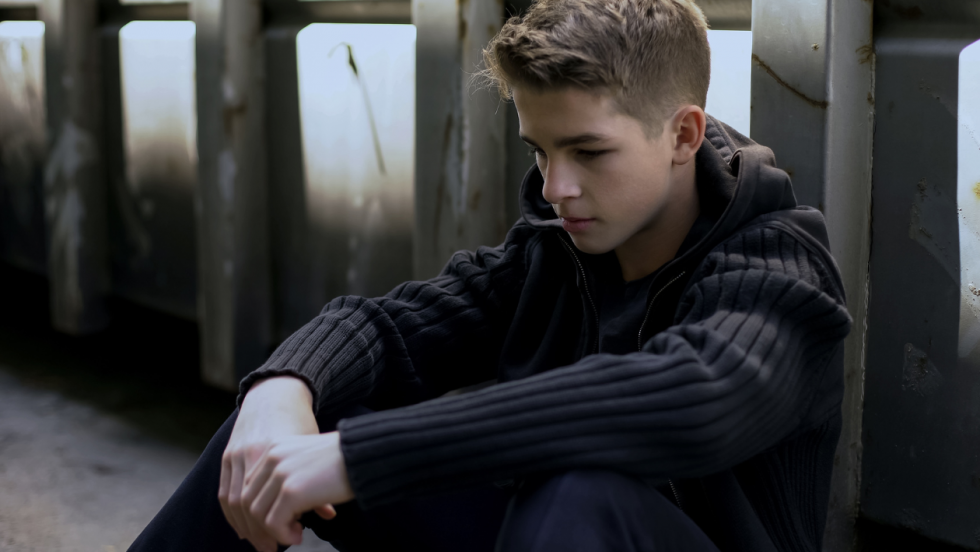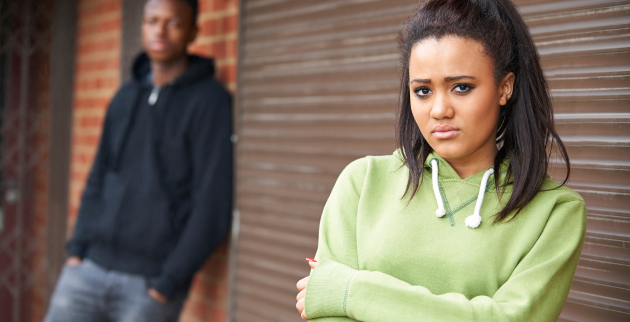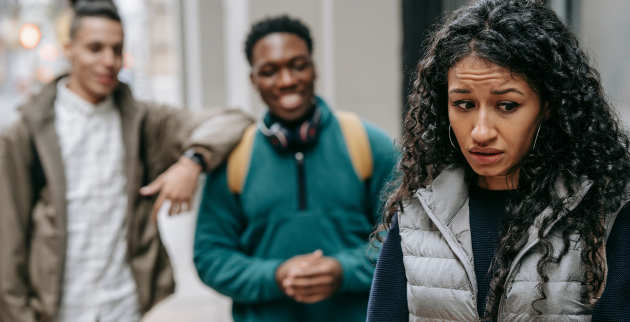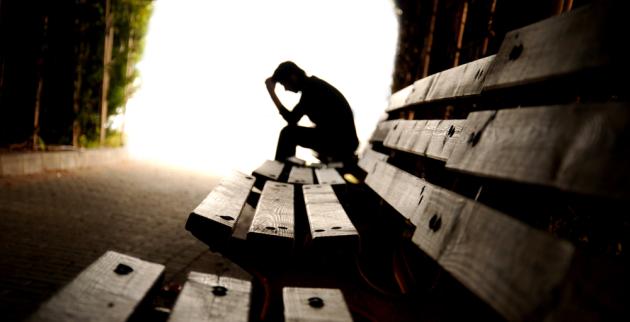Types of Abuse

Abuse is against the law. If you or someone you know is being hurt or abused by an adult or another child then that person is breaking the law.
People who commit abuse always tell the victim that they should not ask for help. They might say things like no-one will care, or no-one will believe the abuse is happening, that this is normal or that people know already and approve.
Report the abuse. Ask for help. If you need to, keep reporting and asking for help until you get it.
Crucial: It's NOT your fault. If abuse is happening, you are not to blame for what's going on.
What is abuse?
There are four main kinds of abuse:
- Physical abuse – someone hurts you or causes injury
- Neglect – someone ignores your needs (physical and emotional)
- Sexual abuse – someone forces or pressures you into sexual acts
- Emotional abuse – someone makes you feel unhappy, abandoned, or worthless
In most cases the abuser will sometimes be abusive and at other times be kind.
Abusers may try to make excuses by saying that it didn’t mean anything, it won’t happen again, or that it’s your fault. They may promise, give you gifts, or try to make it up to you. They may stop, for a while.
But it is very unusual for an abuser to stop abusing someone once they start. Without help and support, the abuse will usually continue, and get worse over time.
Instant Expert: Neglect is one of the most dangerous and harmful kinds of abuse, but it can be hard to recognise. This can be because it happens as part of another problem, like a parent being depressed or having a drug or alcohol problem. But neglect is very serious. Neglect can cause serious mental and physical health problems. Find out more about Neglect from the NSPCC.
Other kinds of abuse
You might hear about other kinds of abuse, including:
- Child Sexual Exploitation
- Radicalisation
- Modern Slavery
- Female Genital Mutilation
- Fabricated or Induced Illness
- Cyberbullying
These usually combine violence and bullying with other abuses like financial abuse and grooming. Criminal Exploitation can also happen, where adults groom children to help them commit crimes.
Crucial: Adults who abuse children tell the child that they will get in trouble if they tell anybody. This is a lie. If a child tells someone that abuse is happening action will be taken to stop the abuse and support the child, even if they have done something illegal.
Tell someone what is going on
When a person is being abused, they may find it hard to tell.
If abuse is happening, then it can be stopped more quickly if you tell people. Abuse that seems obvious to you may not be visible to others.
Telling can also help you feel better, because you are making a positive action to stop the abuse.
Telling will also support the abuser can get the help they need to stop abusing.
Crucial: If the abuser is a person you want to carry on seeing, and it is safe for you to do so, you will be supported and your wishes will be respected.
Who can I tell?
You can tell any trusted adult at your school, youth club, or setting. You can also tell:
- A teacher, sports coach, or other trusted adult
- A GP or the school health nurse
- A Social Worker, Link Worker, Family Worker or Youth Worker
- Any worker at a Children and Family Centre
These people have been trained, and will know what to say and do to help you. You can also:
- Contact Childline free and confidential on 0800 1111
- Report Child Abuse on the Oxfordshire County Council website
Crucial: Call the police on 999 if you or anyone else is in immediate danger. You can also call 101 or report a crime on the Thames Valley Police website, if it is not an emergency.
Abused by someone my own age?
Where the person abusing you is another child (someone aged under 18) you still need to report the abuse. Both of you will be helped.
The person who did the abusing will be supported to understand the impact of their behaviour and change. The young person who suffered the abuse will be supported to recover and heal. This is true even if something illegal or very dangerous has happened.
Anyone who is aware of the abuse can talk to a trusted adult or make a report.
Support from CAHMS: Oxford Health Child and Adolescent Mental Health Service provides support and information on their website, including Horizon and services for high-risk young people.


